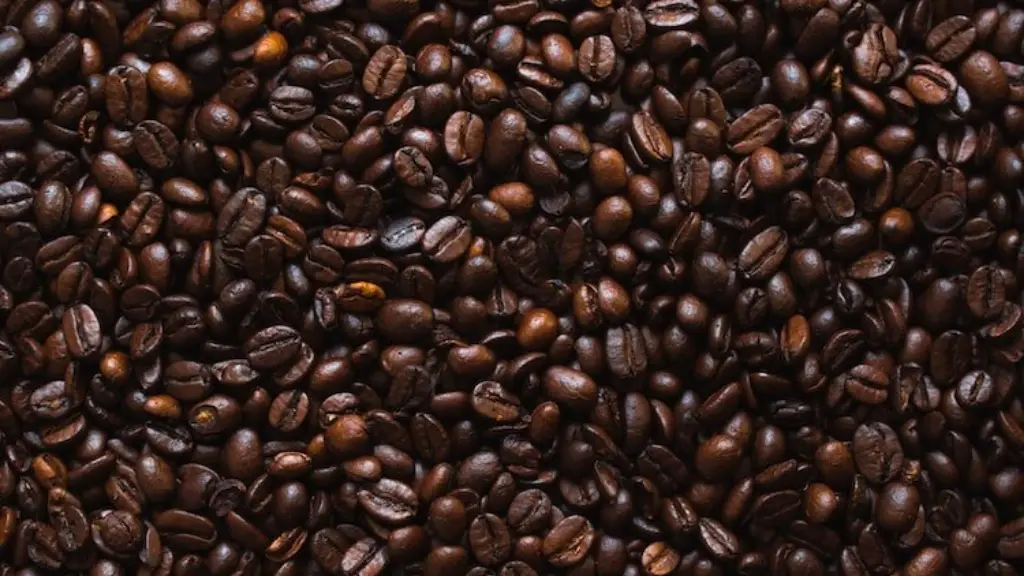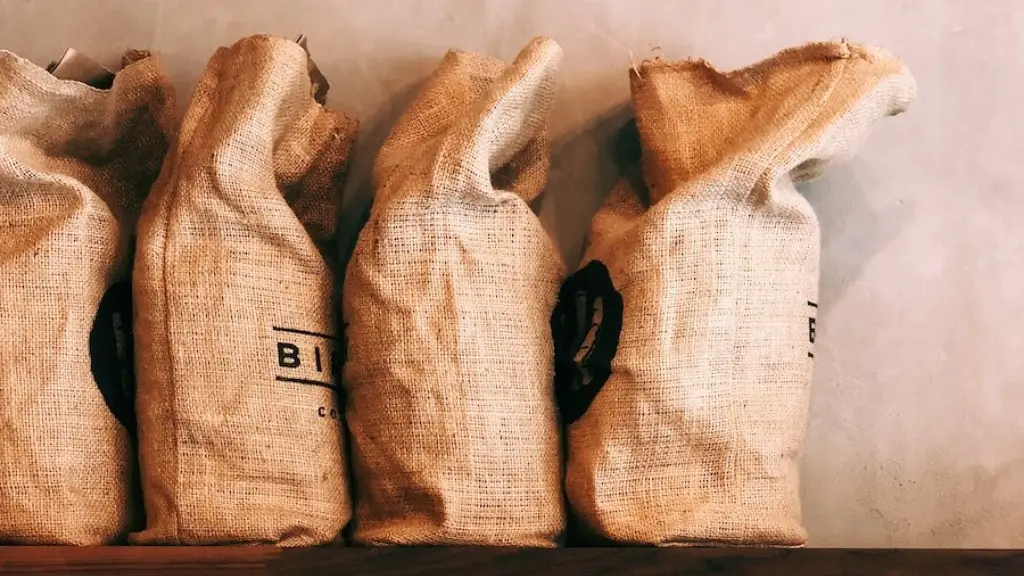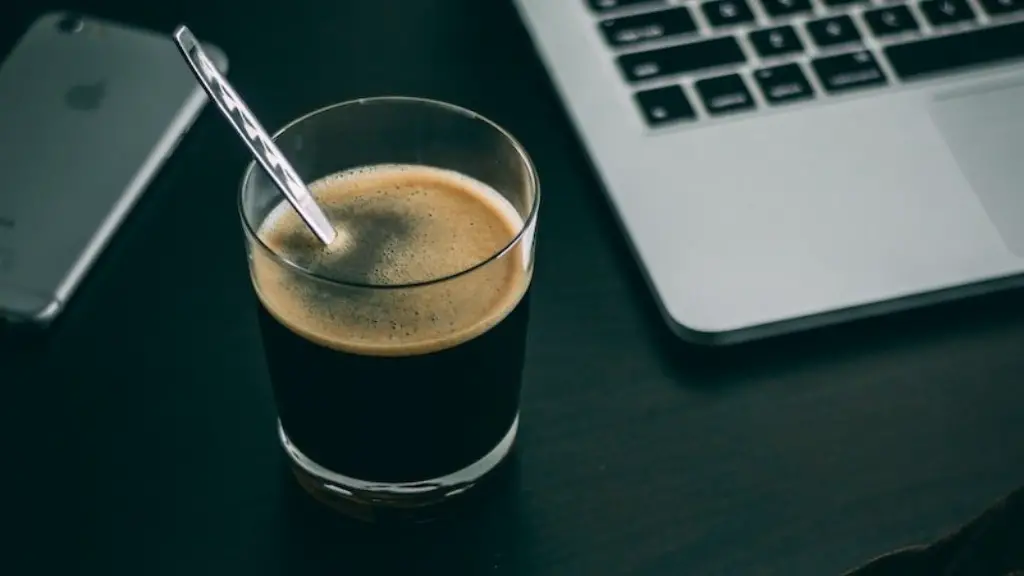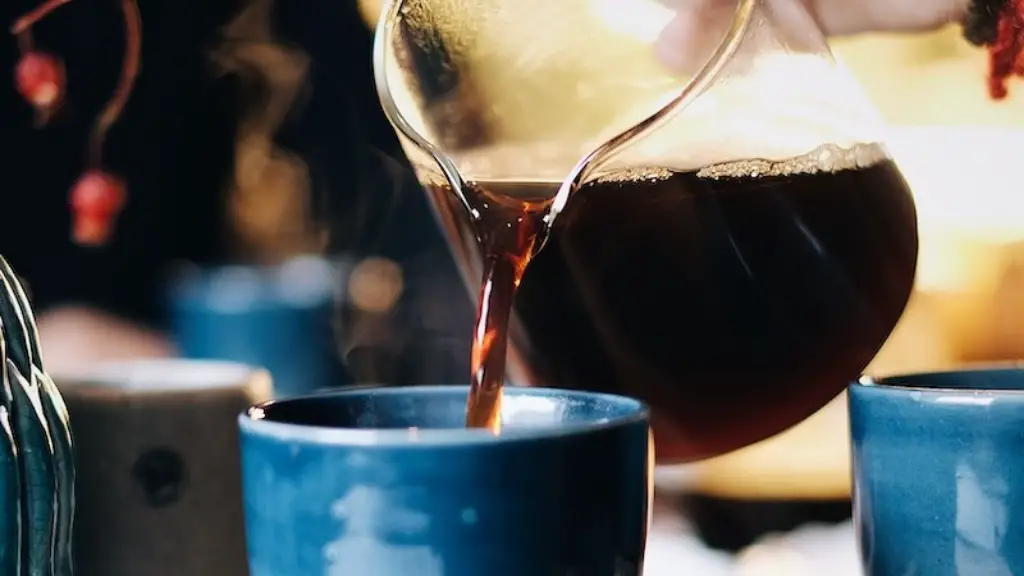Coffee is loved by many, with some of us even feeling lost without our morning latte or espresso demitasse. But, if you’ve recently undergone a tooth extraction, you may be wondering if drinking coffee is safe. It is a valid question, as post-extraction care is vital for the successful healing of the gums and jawbone.
The answer, according to most dentists and oral experts, is that you shouldn’t drink coffee directly after a tooth extraction. Coffee is full of tannins, which are astringent compounds that could cause irritation to your mouth and tongue. Coffee can also be quite acidic, which can also be irritating to your extraction site.
Moreover, hot beverages can even affect the extraction site by weakening the clotting of blood in the space, thus leading to more bleeding and prolonging the healing process. For example, a study conducted by international journal the International Dentistry SA, revealed that drinking hot beverages like coffee should be avoided during the full 7 day healing period after teeth extraction due to the risk of delay or disruption in the healing process.
Experts also recommend mild, non-acidic warm drinks instead, like camomile tea. Or if you prefer, you could opt for cold coffee drinks, such as cold brew or iced coffee, although some caution is necessary with these options, as they still contain natural coffee compounds like caffeine and polyphenols which can irritate an extraction site.
Besides all these considerations, it’s important to understand that coffee isn’t one-size-fits-all. For some people, coffee, even after dental surgery, is safe and won’t affect their medical recovery in any significant way. That said, always consult with your dentist about what is best for your healing process to ensure everything proceeds as planned.
Post-Extraction Eating
Post extraction eating is of utmost importance for successful healing. Avoiding spicy and acidic foods will help to expedite recovery and avoid any incidental pains or stinging sensations in the extracted area.
Soft foods like yoghurts, boiled potatoes, and oatmeal are considered to be healthy options after you get your teeth extracted. Avoid crunchy and chewy food items like crisps and toast, as these can cause further harm to the injured gums.
Also, getting enough nutrients post extraction is essential to help boost your immune system and keep your mouth healthy. Consume plenty of Vitamin C to help your body heal faster, found in fruits and veggies like oranges, limes, and broccoli.
Post-Extraction Oral Hygiene
While the extraction site is still healing, it’s important to keep your mouth clean and maintain good oral hygiene. This is especially true if you have a dry socket, where food debris and bacteria can more easily enter the site.
The best way to keep your mouth clean is to rinse gently twice every day with warm salt water (1 teaspoon of salt in 8 ounces of warm water) for about 30-60 seconds, then spit it out. Avoid brushing your teeth directly in the area of gum extraction until the dentist advises it’s okay to do so.
Also, if there is any gauze that has been prescribed post extraction, make sure to insert and remove it as instructed by your dentist. This is to help create space for the gum to heal and avoid any further complications.
In general, it’s good to keep up with other dental hygiene habits like swishing with mouthwash and using dental floss, especially around the extraction area, to ensure that food debris and bacteria don’t accumulate and create any problems.
Infection Prevention and Management
Infection is a sign that your body is not healing properly. Oral infections can occur after extraction if a piece of tooth or root has been left behind or due to bacteria entering the site if not maintained properly. It’s important to understand that infection can be dangerous if left untreated, so you should immediately seek medical attention if you notice any signs or symptoms of infection.
General signs of infection are: a fever, swollen and painful gums, a bad taste in your mouth, unusual smells, and redness/irritation. To prevent infections, antiseptic mouthwash is advised as this helps to kill off bacteria and other germs from the extraction area.
In terms of managing infections, it’s especially important to observe good oral hygiene. If infections persist, antibiotics and anti-inflammatory painkillers might be prescribed. If in doubt, always consult your dentist or doctor in order to seek their advice.
Observe Rest and Relaxation
Rest is essential if you want to get your gums and jaw back to full health after a tooth extraction. Every individual needs a different amount of rest post extraction, so it’s essential to listen to the doctor’s particular advice and recommendations.
In any case, it is suggested to take the day off and take it easy for that day, or the possible 48 hours after the extraction.By taking proper rest, you can reduce the risk of swelling, bleeding, and infection. Give yourself recovery time and do mild activities such as taking walks, listening to music, and reading.
In order to have a healthy recovery process and reduce pain, it’s important to not smoke, drink alcohol, or exercise for at least 24 hours post extraction. These activities can interfere with the healing process and even induce a dry socket in some cases, which is one of the most painful and difficult to treat issues in tooth extraction.
Pain Management
Most people will experience a little discomfort and some pain, however this is normal after a tooth extraction. Over-the-counter pain medications like ibuprofen and paracetamol is recommended by doctor’s for optimal pain management post extraction.
You should start taking the medication before the anaesthetic wears off, in order to minimize any sudden pains and maybe even avoid them altogether. Apply a cold compress to the affected area as this can help to reduce swelling and pain.
Additionally, if you’re feeling especially uncomfortable, a dentist may prescribe stronger painkillers like oxycodone or codeine. These medications can help with pain management, but should always be taken as per doctor’s instructions and monitored carefully due to potential addiction and other role side effects.
Gentle Oral Care
Post extraction, your doctor and dentist will likely remind you to treat your mouth gently. This means avoiding vigorous brushing, sucking on straws or anything else that could dislodge the blood clot or irritate the extraction site.
On the other hand, you still need to practice regular brushing and flossing post extraction. This can be done with a soft toothbrush and toothpaste, and it’s especially important to keep your other teeth clean, as this helps to prevent any further an infection.
If you need more advice in terms of gentle oral care post extraction, don’t hesitate to ask your dentist for additional advice on the topic.





